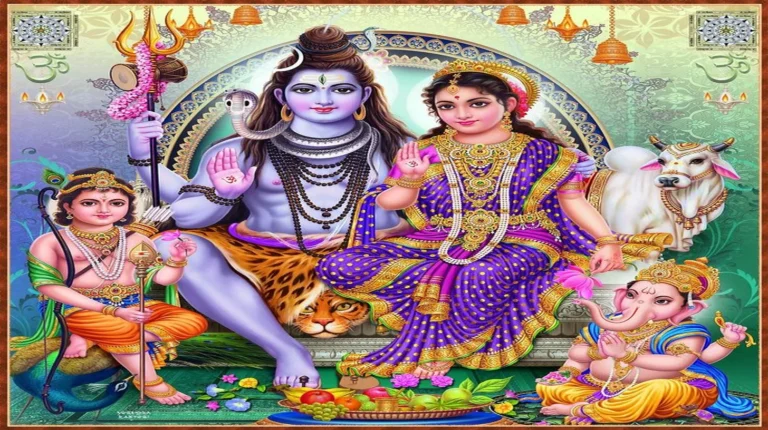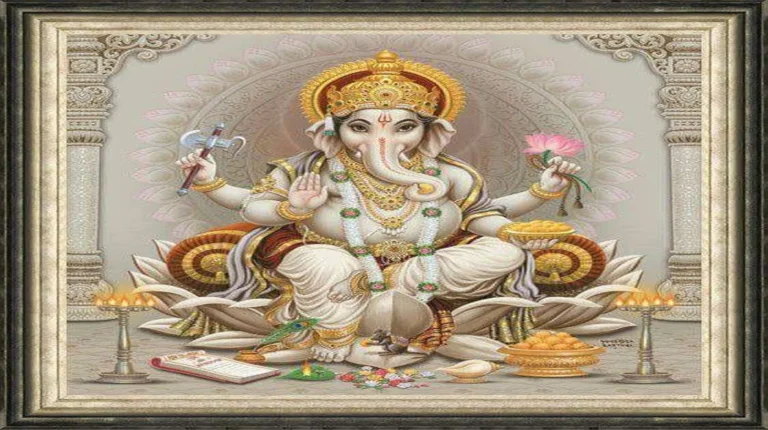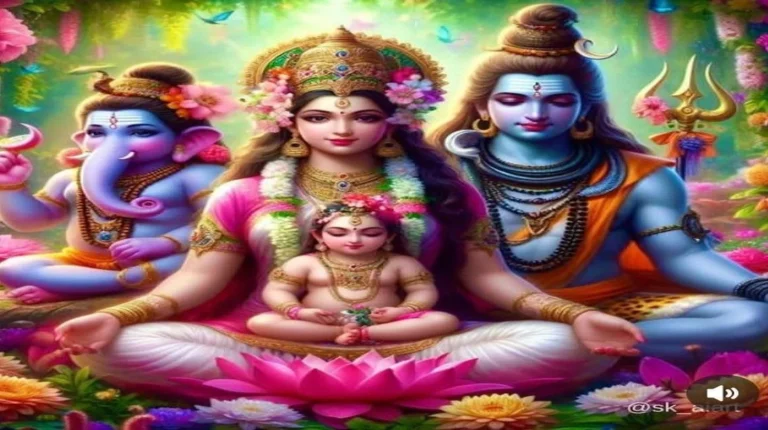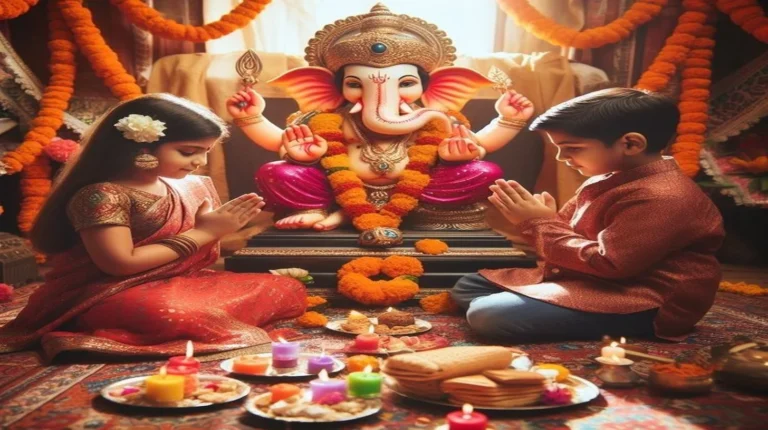5 Ways to Understand the Hindu Elephant God
Ever felt mystified by the stories of the Hindu elephant god? You’re not alone. This revered deity can seem enigmatic to many. But don’t worry, I’ve got you covered. Join as we explore five fascinating aspectsthat will deepen your understanding of this iconic figure. From symbolism to worship rituals, our journey promises insights and surprises!
The elephant-headed deity, Ganesha, is one of the most cherished and recognizable figures in Hindu culture. Known for his wisdom and as the remover obstacles, Ganesha holds a profound significance across various aspects of life and spirituality. This blog explores the depth of Ganesha’s impact, elucidating his origins, symbolism, roles in religious practices, teachings, and ways to connect with him.

1. Hindu Elephant God: Ganesha's Origin Story
The mythological birth of Ganesha
Ganesha is the son of Shiva, the god of destruction, and Parvati, the goddess of fertility and love. According to mythology, Parvati created Ganesha out of clay to guard her privacy. When Shiva, unaware of Ganesha’s creation, found his entry barred by the boy, he decapitated him in anger. Realizing his error, Shiva replaced Ganesha’s head with that of an elephant, thus giving him his iconic elephant head.
Relationship with his parents, Shiva and Parvati
Ganesha’s relationship with his parents symbolizes a deep bond and balance between power and innocence, destruction and creation. It portrays the dynamics within a family and the sometimes complex relationships between parents and children, imbuing it with relatable human emotions.

2. The Symbolism of hindu elephant god Ganesha
Ganesha’s elephant head and its significance
The elephant head of Ganesha symbolizes wisdom, understanding, and a discriminating intellect that one must possess to attain perfection in life. It also represents the ability to remove obstacles, both material and spiritual.
The meaning behind Ganesha’s other attributes
Each attribute of Ganesha has a symbolic function. The large belly represents generosity and total acceptance. His single tusk denotes one-pointedness. Even the modak (sweet) he holds in his hand is an emblem of the sweetness of the realized inner self.
3. Hindu elephant god: Ganesha's Role in Hindu Rituals
Ganesha Chaturthi: the celebration of his birth
Ganesha Chaturthi is a ten-day festival celebrating his birth, predominantly observed in India. This festival not only marks the birth of the deity but also the renewal of a fresh period of learning, understanding, and the removal of obstacles.
How Ganesha is worshiped in daily practices and special occasions
Daily prayers and special rituals such as the ‘Ganapati Puja’ are performed in many homes and temples dedicated to Ganesha. These rituals seek his blessings for auspicious beginnings and the successful completion of tasks.

4. Hindu elephant god: Ganesha's Teachings and Stories
Popular stories involving Ganesha, such as the race around the world
One of the most beloved stories is when Ganesha won a race around the world against his brother Kartikeya by simply circling his parents, Parvati and Shiva, demonstrating the wisdom and insight that reverence for one’s parents is equivalent to honoring the whole world.
Lessons that these stories impart on followers
These narratives are not merely stories but lessons of wisdom, ethical conduct, and the importance of cleverness and intellect in overcoming problems in life.

5. Hindu elephant god: Ways to Connect with Ganesha
Mantras and prayers specific to Ganesha
The “Om Gan Ganapataye Namah” is a widely chanted mantra among Ganesha devotees. It is believed to bring wisdom, prosperity, and success in ventures.
Temples and places of worship famous for Ganesha’s followers
The Siddhivinayak Temple in Mumbai and the Dagdusheth Halwai Ganapati temple in Pune are notable centers of worship, attracting millions of devotees annually.

Conclusion
Understanding Lord Ganesha through his origin, symbolism, teachings, and rituals opens up pathways to spiritual enlightenment and practical wisdom. Whether you’re a follower seeking to deepen your connection or a curious learner, delving deeper into the life and symbolism of Ganesha can enrich your understanding of not only the deity but also the principles he stands for.
